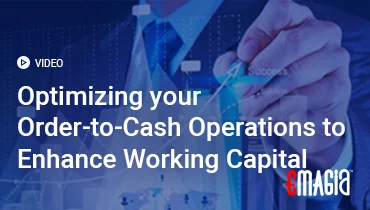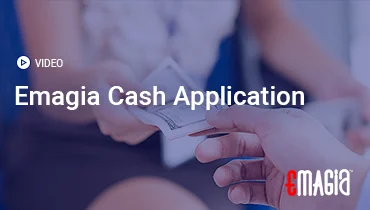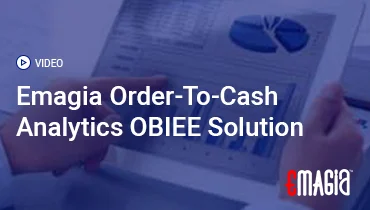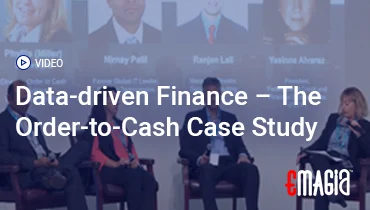Introduction
In today’s digital age, Point of Sale (POS) systems have become integral to business operations, facilitating seamless transactions between merchants and customers. However, with the increasing prevalence of digital payments, questions arise about the traceability of these transactions. Can a POS transaction be traced? This article delves into the intricacies of POS transaction traceability, exploring how transactions are recorded, monitored, and analyzed.
Understanding POS Transactions
What Is a POS Transaction?
A POS transaction refers to the exchange of goods or services for payment at a retail location, processed through a POS system. These systems capture detailed information about each transaction, including:
- Date and Time: When the transaction occurred.
- Items Purchased: Specific products or services involved.
- Payment Method: Cash, credit/debit card, mobile wallet, etc.
- Transaction Amount: Total cost of the purchase.
- Employee Involved: The staff member who processed the sale.
How POS Systems Work
Modern POS systems operate through a combination of hardware and software to process transactions. The process typically involves:
- Transaction Initiation: The customer selects items for purchase.
- Data Capture: The POS system records item details and calculates totals.
- Payment Processing: Payment is authorized through various methods.
- Receipt Generation: A receipt is issued to the customer.
- Data Storage: Transaction details are stored in the system for future reference.
Types of POS Systems
POS systems vary in complexity and functionality:
- Traditional POS: Standalone systems with basic transaction processing capabilities.
- Cloud-Based POS: Internet-connected systems offering real-time data access and remote management.
- Mobile POS (mPOS): Portable devices enabling transactions on the go.
Traceability of POS Transactions
Transaction Logs
POS systems maintain detailed logs of each transaction. These logs include:
- Timestamps: Precise recording of when each transaction occurs.
- Transaction Details: Information about items, amounts, and payment methods.
- Employee Identifiers: Tracking of which employee processed the transaction.
These logs serve as a digital paper trail, allowing businesses to trace transactions for auditing, dispute resolution, and fraud prevention purposes .
Secure Payment Processing
To ensure the security and traceability of transactions:
- Encryption: Payment information is encrypted during transmission and storage.
- PCI Compliance: Adherence to Payment Card Industry Data Security Standards.
- Authentication Protocols: Implementation of strong authentication methods for system access.
These measures protect transaction data from unauthorized access and tampering .
Integration with Financial Systems
POS systems often integrate with accounting and financial software, enabling:
- Real-Time Data Syncing: Automatic updating of financial records.
- Comprehensive Reporting: Generation of detailed financial reports.
- Fraud Detection: Identification of discrepancies or suspicious activities.
This integration enhances the traceability of transactions across business operations .
Monitoring and Analyzing POS Transactions
Real-Time Monitoring
Advanced POS systems offer real-time monitoring capabilities, allowing businesses to:
- Detect Fraudulent Activities: Identify unauthorized discounts, voided transactions, or unusual refund patterns.
- Monitor Employee Behavior: Track cashier activities for compliance and performance.
- Optimize Operations: Analyze transaction data to improve efficiency and customer service .
Video Analytics Integration
Integrating video surveillance with POS systems provides:
- Visual Confirmation: Matching transaction data with video footage.
- Enhanced Fraud Detection: Identifying suspicious activities through visual cues.
- Dispute Resolution: Providing visual evidence for resolving customer complaints .
Transaction Analysis Tools
Specialized tools enable businesses to:
- Analyze Transaction Patterns: Identify anomalies or trends in sales data.
- Generate Reports: Create detailed reports for auditing and decision-making.
- Implement Controls: Set parameters to flag or restrict certain transaction types .
Legal and Regulatory Aspects
Data Privacy Laws
POS transaction data is subject to various data privacy regulations, including:
- General Data Protection Regulation (GDPR): Governs data protection and privacy in the European Union.
- California Consumer Privacy Act (CCPA): Provides privacy rights to residents of California, USA.
Businesses must ensure compliance with these laws to protect customer information and avoid legal repercussions.
Law Enforcement Access
In cases of suspected fraud or criminal activity, law enforcement agencies may:
- Obtain Warrants: Legally access POS transaction records.
- Conduct Investigations: Analyze transaction data as part of criminal investigations.
Businesses are required to cooperate with legal authorities within the framework of applicable laws.
How Emagia Enhances POS Transaction Traceability
Emagia offers advanced solutions that enhance the traceability of POS transactions by:
- Automating Data Capture: Seamlessly capturing transaction details for analysis.
- Integrating with Financial Systems: Ensuring synchronization of transaction data across platforms.
- Providing Analytical Tools: Offering insights into transaction patterns and anomalies.
These features empower businesses to maintain comprehensive records, detect fraudulent activities, and ensure compliance with regulatory standards.
FAQs
Can POS transactions be traced?
Yes, POS transactions can be traced through transaction logs maintained by the POS system, which record detailed information about each transaction.
What information is recorded in a POS transaction log?
A POS transaction log typically includes timestamps, transaction details, employee identifiers, and payment methods.
How can businesses monitor POS transactions for fraud?
Businesses can monitor POS transactions for fraud by implementing real-time monitoring, integrating video analytics, and utilizing transaction analysis tools.
Are POS systems compliant with data privacy laws?
POS systems can be compliant with data privacy laws if they implement necessary security measures and adhere to relevant regulations.
Can law enforcement access POS transaction records?
Yes, law enforcement can access POS transaction records with appropriate legal authorization, such as a warrant.
Conclusion
POS transactions are not only essential for business operations but also provide a traceable record that can be monitored and analyzed for various purposes, including fraud detection and compliance. By understanding how POS transactions are recorded and the tools available for monitoring them, businesses can enhance their operational efficiency and security. Emagia’s solutions further support these efforts by providing advanced tools for transaction traceability and analysis.



